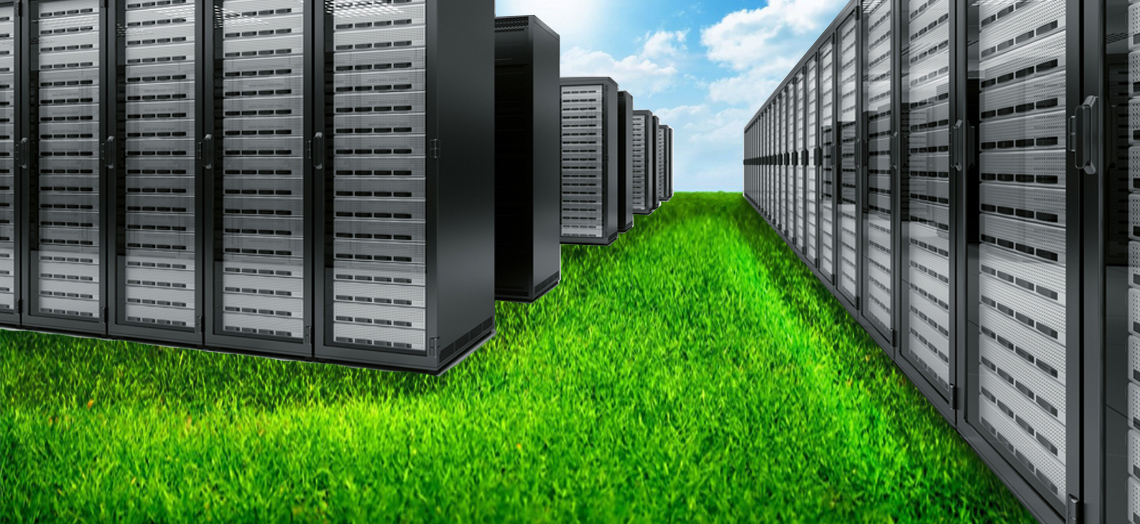Green Data Centres: Sustainability in the UK Data Centre Industry
The rise of technology has led to an exponential increase in the amount of data generated worldwide. This has, in turn, created a high demand for data centres, which are facilities used to house computer systems and their associated components. The UK data centre industry has experienced significant growth in recent years, and with that comes an increasing responsibility to consider the impact on the environment. Green data centres have become a major topic of discussion in the industry, with a focus on reducing carbon emissions and increasing sustainability.
A green data centre is one that has been designed to operate with minimal environmental impact. This includes a focus on energy efficiency, the use of renewable energy and the reduction of carbon emissions. In the UK, there has been a growing trend towards sustainability in the data centre industry. This is driven in part by government policies and regulations, as well as increasing consumer demand for environmentally friendly products and services.
One of the key drivers of green data centres is the need to reduce energy consumption. Data centres consume vast amounts of electricity, both for powering the equipment and for cooling the facility. In the UK, data centres are estimated to consume around 3% of the country’s total electricity usage. By implementing energy-efficient measures, such as using more efficient cooling systems and optimising server utilisation, data centres can significantly reduce their energy consumption and associated carbon emissions.
Another approach to creating a green data centre is to use renewable energy sources. The UK has made significant progress in the adoption of renewable energy, with wind, solar and biomass accounting for a growing share of the country’s electricity generation. Data centres can take advantage of this trend by sourcing their electricity from renewable sources, such as wind farms or solar panels. In addition to reducing their carbon footprint, this can also provide a competitive advantage for data centres, as more consumers are demanding sustainable products and services.
Beyond reducing energy consumption and sourcing renewable energy, there are many other ways that data centres can increase their sustainability. These include implementing efficient waste management practices, using recycled materials in construction and designing facilities to minimise their environmental impact. In the UK, there are a number of organisations and initiatives focused on promoting sustainability in the data centre industry, such as the Green Grid and the European Code of Conduct for Data Centres.
In conclusion, green data centres are becoming increasingly important in the UK data centre industry. By reducing energy consumption, sourcing renewable energy and implementing sustainable practices, data centres can significantly reduce their environmental impact. As the demand for sustainable products and services continues to grow, green data centres will become an increasingly important part of the industry, and those who fail to adapt may find themselves at a competitive disadvantage.






